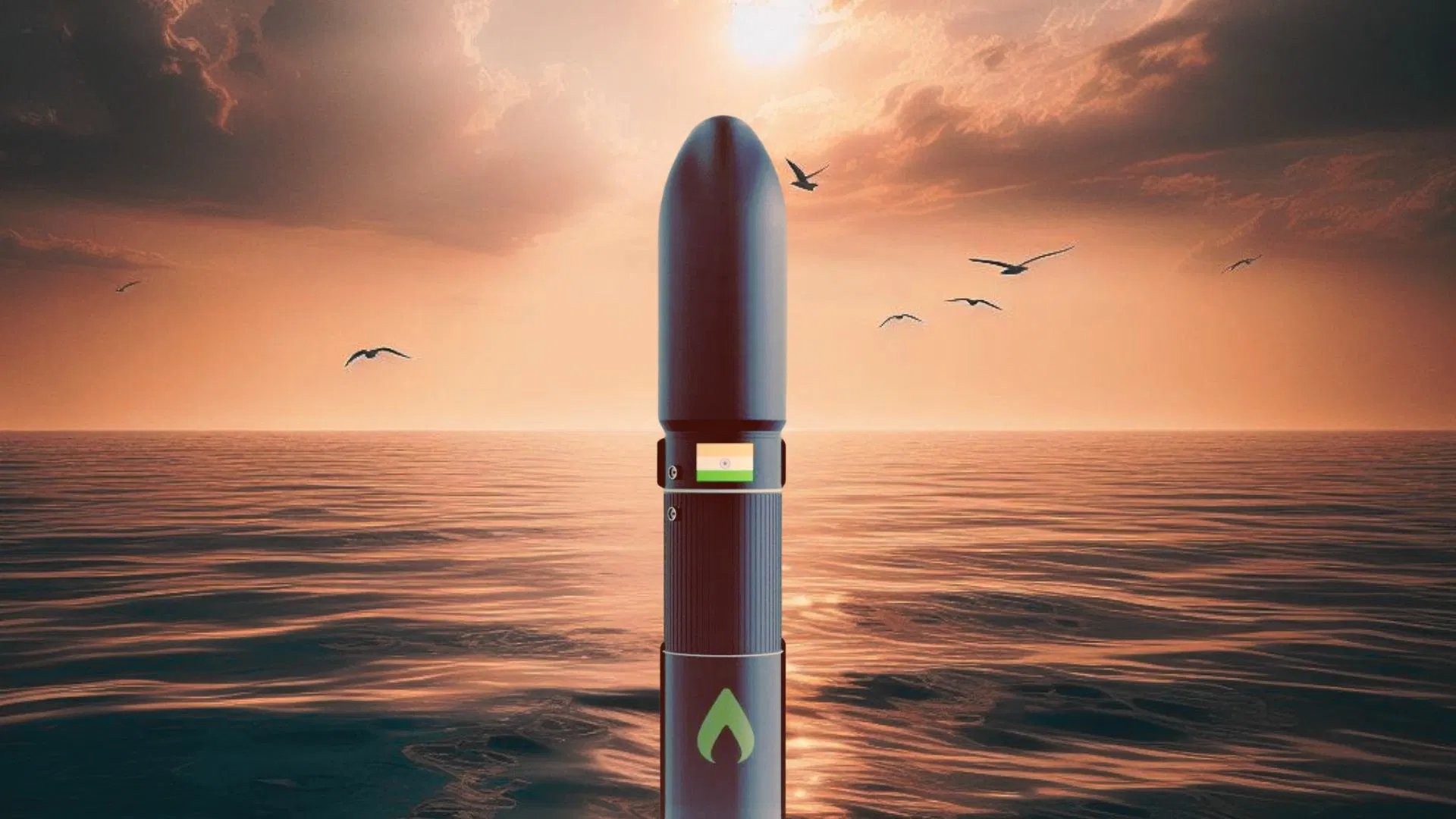Blog Credit: Trupti Thakur
Image Courtesy: Google
AgniBan
Agnikul Cosmos is a Chennai-based, IIT-Madras-incubated space start-up that is set to create history by launching India’s first rocket from a private launchpad on March 22, 2023. The company’s first rocket, Agnibaan Sub Orbital Technology Demonstrator (SOrTeD), will be launched from the Satish Dhawan Space Centre in Sriharikota, Andhra Pradesh.
Significance of the Launch
The launch of Agnibaan SOrTeD is significant for several reasons:
- It will be India’s first launch from a private launchpad.
- It will be India’s first semi-cryogenic engine-powered rocket launch.
- It will feature the world’s first single piece 3D printed engine designed and built indigenously.
Rocket Specifications
The Agnibaan rocket is an 18-meter tall, 1.3 diameter wide rocket that can take a 100-kg payload to an altitude of 700 km. The rocket is fueled by liquid oxygen (LOX), which is kept in the tank under cryogenic conditions, and kerosene, which is not. The rocket also features a ‘thrust vector controlled, gimballed motor’, which allows the nozzle to be moved to different angles, enabling the thrust to vary the direction of flight.
Maiden Flight Details
The maiden flight of Agnibaan will be a sub-orbital flight, which means that the rocket will not venture into space. The rocket will be launched from India’s spaceport Satish Dhawan Space Centre, Sriharikota, and will be a fully guided, vertical ascent flight. After reaching an altitude of 10 km, the rocket will begin its descent and will fall into the Bay of Bengal, about 30 km from where it started.
Engine Design
Agnikul’s vehicle comprises two stages, with the first stage consisting of a cluster of engines known as ‘Agnite’, and the second stage comprising the ‘Agnilet’ engine. Both engines are semi-cryogenic, using a combination of refined kerosene (stored at room temperature) and super cooled liquid oxygen. The engines are designed and developed by Agnikul in India and are single-piece, 3-D printed engines, said to be the first in the world.
Salient Features
The first stage of the Agnibaan rocket is customizable and can be fitted with anywhere between four to seven engines, depending on the mission requirement. The rocket engines utilize fuel pumps that are powered by batteries and electric motors. To ensure safe export and transportation, the rocket comprises no explosives or pyrotechnics, instead relying on pneumatic systems for stage separation.
Private Launch Pad and Mission Control Centre
In November 2022, Agnikul inaugurated India’s first private rocket launch pad and mission control centre, situated within the ISRO spaceport at Sriharikota. The company is working on a method where the rocket can be launched from a pedestal on the back of a truck, making it more flexible and mobile compared to traditional launch systems.
Test Launch Objectives
The test launch of Agnibaan will have all the avionics, telemetry, and guidance systems that would normally be used in the commercial launches of the rocket. The primary objective of the test flight is to validate the company’s technology and prove the performance of the various systems and sub-systems of the vehicle.
Important Facts
- Agnikul Cosmos was founded in 2017 by Srinath Ravichandran and Moin SPM, both alumni of IIT Madras.
- Agnikul Cosmos has raised funding from various investors, including pi Ventures, Speciale Invest, and Artha Venture Fund.
- The company has collaborated with various organizations, including the Indian Space Research Organisation (ISRO), the Department of Space (DoS), and the National Centre for Combustion Research and Development
Blog By: Trupti Thakur

04
AprAgniBan
Apr 04, 2024Recent Blog
The TechKritiApr 26, 2025
India’s First Quantum Computing VillageApr 24, 2025
India’s Achievement In QKDApr 22, 2025
The V2G TechnologyApr 21, 2025
Country’s Specific Domain By GoogleApr 19, 2025




